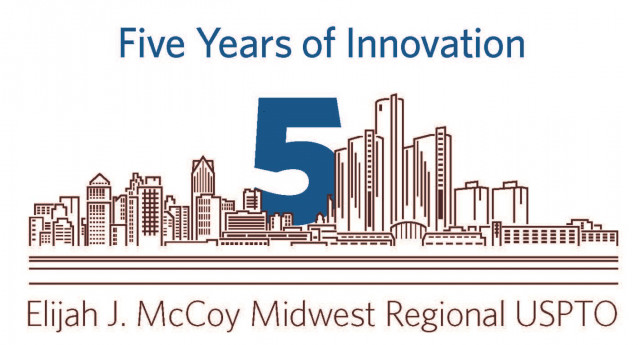Ellen Abbott, WRVO; Open data comes to Syracuse
"Mayor Stephanie Miner says this kind of open data policy is the wave of the future.
"This is how people are thinking about governmental services in terms of transparency. And now that resources are as tight as they are. This will help you measure the effectiveness and efficiency of policies put into place."
Don't be fooled by potentially misleading offers and notices from private companies
Some trademark applicants and registrants have paid fees to private companies, mistakenly thinking they were paying fees required by the USPTO. We do not endorse any of these private companies and you are not required to use them.
Keep reading for information on potentially misleading offers and notices—also called solicitations—and how to identify them. You can also watch our "Solicitation Alert" video below.
On this page:
- Trademark Information Network News Video: Solicitation Alert
- What is a trademark-related solicitation?
- What kinds of trademark-related services do private companies offer?
- How can I tell the difference between potentially misleading trademark offers and notices and legitimate USPTO emails and notices?
- Are the deadlines in these offers and notices accurate?
- I received a misleading trademark offer or notice. What should I do?
- Do you have any examples of potentially misleading offers or notices?"
